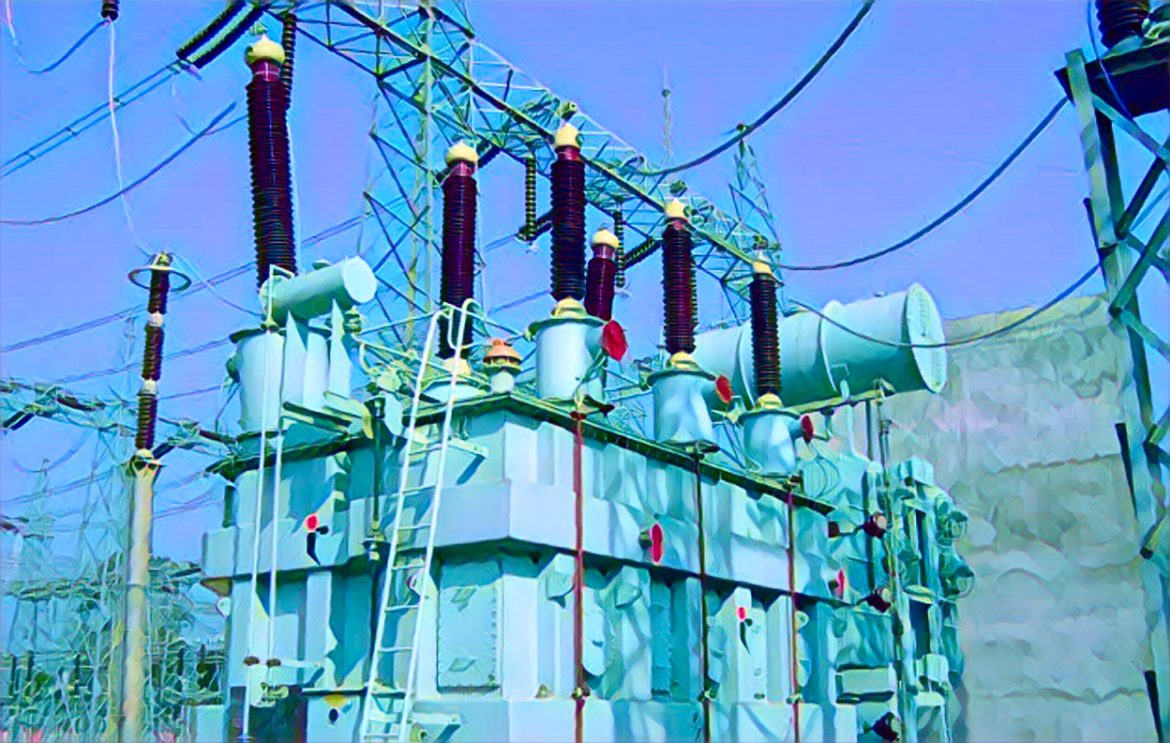KEY POINTS
- NERC considers shifting equipment repair costs to DisCos.
- Nigeria has experienced eight grid collapses in 10 months.
- Security issues are delaying transmission repairs in northern regions.
The Nigerian Electricity Regulatory Commission (NERC) has proposed that power distribution companies (DisCos) may soon be responsible for covering the costs of repairing faulty transformers and other equipment.
This move aims to make DisCos more accountable for maintaining electricity infrastructure, according to the commission’s chairman, Sanusi Garba.
Garba shared these remarks during a public hearing in Abuja, where discussions centered on Nigeria’s persistent grid collapses, with eight recorded in the past 10 months alone.
Grid failures have not only affected power generation but also the quality of electricity supply to consumers.
Ongoing grid challenges
The chairman emphasized the critical need for immediate action to stabilize the national grid, stressing the wider impact these collapses have on both power generation companies (GenCos) and DisCos.
“The continuous collapse of the national grid is damaging the viability of GenCos and DisCos and is a major contributor to the power supply issues affecting consumers,” Garba said.
In response to the recurring grid failures, Garba suggested that if DisCos were responsible for equipment costs, it would prompt them to better manage their infrastructure.
Accorcing to Punch, he added that recent transformer fires and other equipment issues have led to nationwide blackouts, highlighting the need for better protective measures.
Need for maintenance and accountability
Stakeholders in the hearing voiced their displeasure with the transmission infrastructure’s aging and lack of planned repair.
The system failed 162 times between 2013 and 2024, according to Joy Ogaji, CEO of the Association of Power Generation Companies (APGC), and greater openness in resolving these problems is required.
Ogaji underlined how crucial it is to keep precise records in order to comprehend the frequency and reasons behind grid collapses.
“There is a need for greater transparency, and the data we’re gathering is different from what’s reported publicly,” she stated.
The Transmission Company of Nigeria (TCN) disclosed that security concerns are impeding the repair of some damaged lines, such as the Shiroro-Mando transmission line.
TCN officials reported that three towers were destroyed, but the company has not been able to restore them due to security risks in the area.
Security and operational challenges
Although the business has the materials to fix the lines, progress is being hampered by security concerns that limit access to some locations, according to TCN’s Executive Director of Independent System Operations, Nafisatu Asabe Ali.
Only 250 megawatts of electricity are now delivered to the northern section of Nigeria and parts of the Niger Republic, which is significantly less than what the grid can handle.
Ali further emphasized that the maximum power that may be transported is limited by the high voltage problem in Kano.
The power supplied to the area will still be far less than its maximum capability even after other lines have been repaired.
The electricity sector is already vulnerable, and the continuous operational and security issues are making it much more so. As a result, stakeholders are calling on NERC and other authorities.


